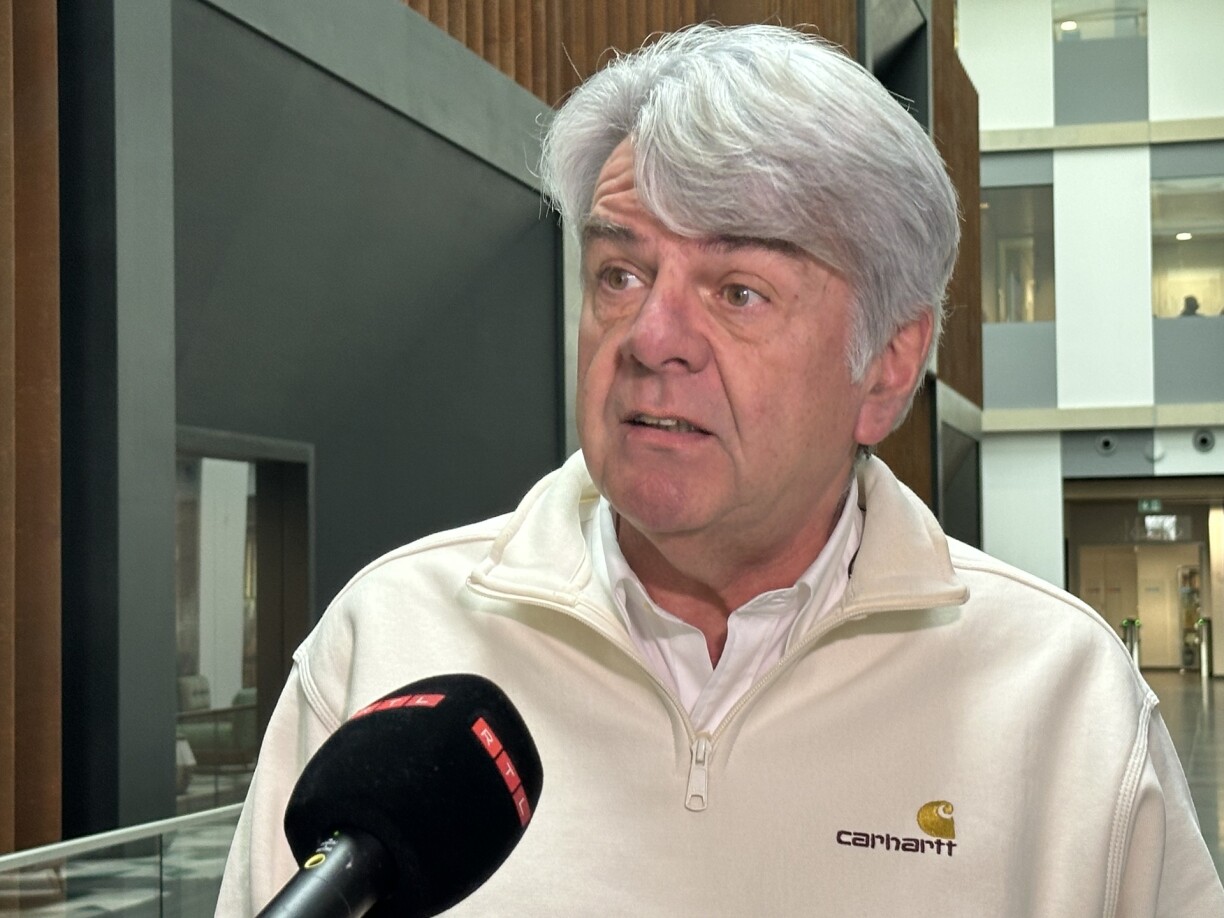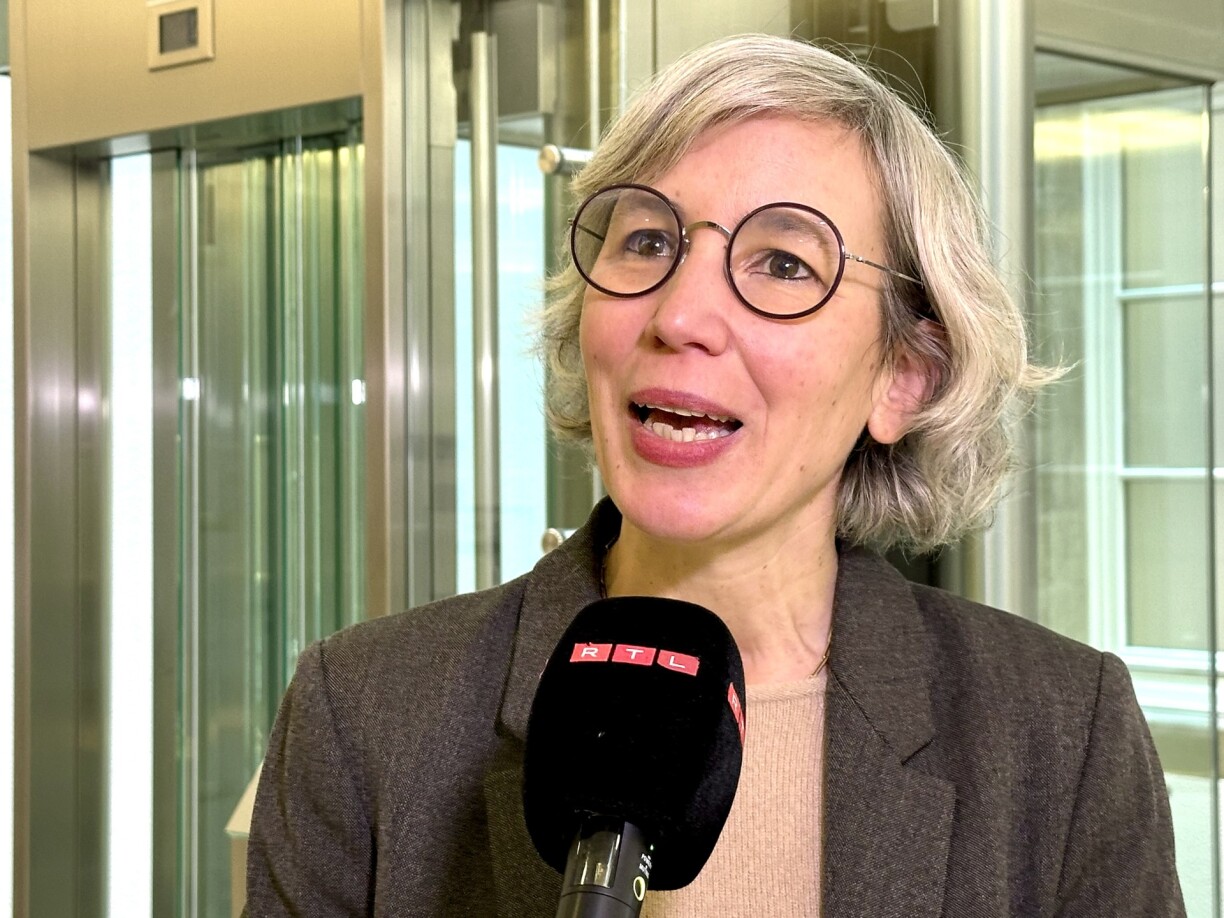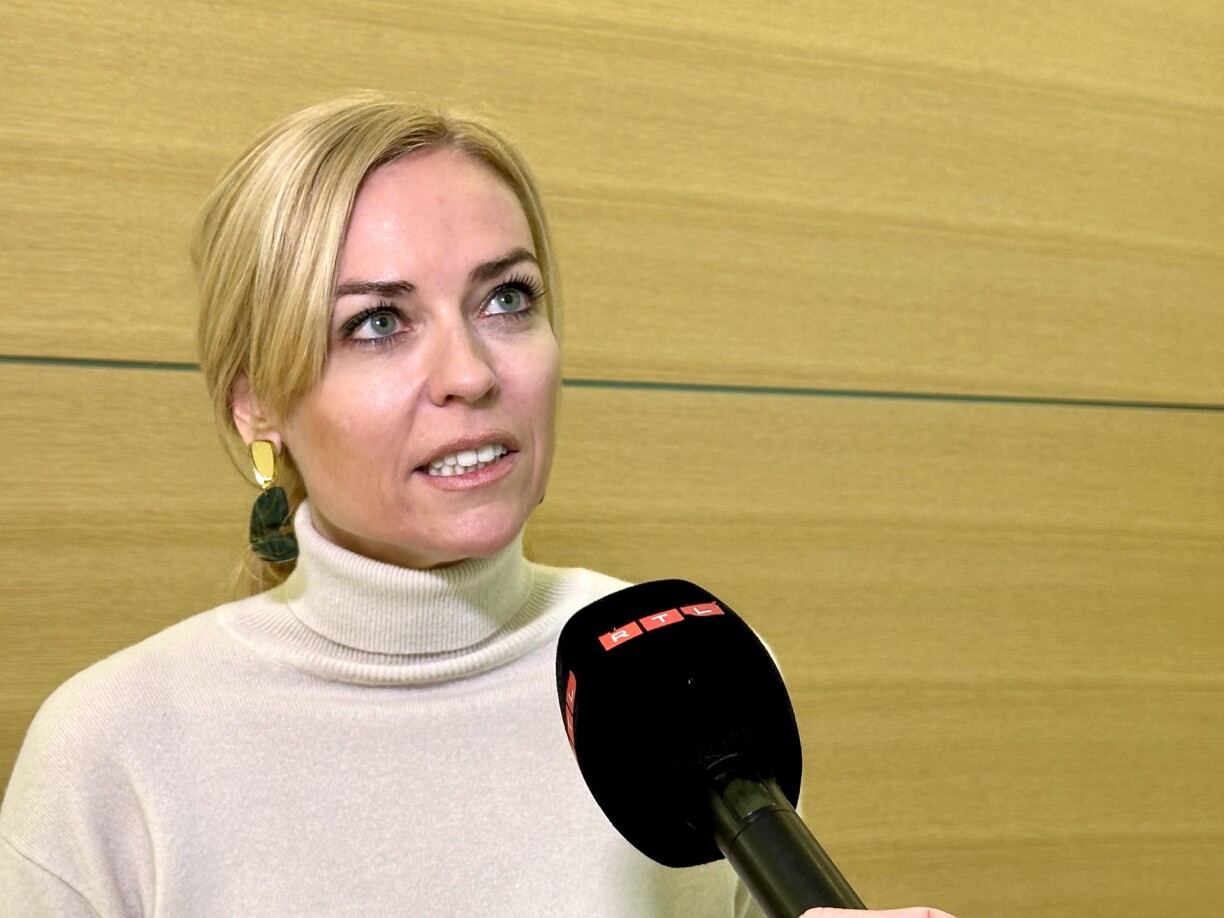
Following two hours of discussions aimed at easing tensions between the country’s two largest unions – the Independent Luxembourg Trade Union Confederation (OGBL) and the Luxembourg Confederation of Christian Trade Unions (LCGB) – Prime Minister Luc Frieden on Wednesday announced plans to organise a “major social round table” in the “coming weeks or months”.
The government thus aims to strengthen labour relations amid debates on contentious issues, such as exclusivity in the negotiation and signing of collective agreements, the extension of Sunday working hours, the extension of shop opening times, and pension reform.
The prime minister confirmed to the press that he had reached out to Michel Reckinger, the director of the Luxembourg Employers’ Association (UEL). However, Reckinger offered a conflicting account, telling RTL on Wednesday: “We’re surprised because we knew nothing about it and don’t really know what will be discussed.”
Reckinger questioned the need for Frieden’s proposed social round table, pointing out that the Permanent Committee on Labour and Employment (CPTE) is already the established platform for negotiations with the ministers: “I do’t know what the point of this format is. What’s important, though, is what I take from [Frieden’s] statement: that labour relations must resume, and we need to talk to each other, not at each other.”
Rekindling labour relations and easing the tensions remain priorities, but Reckinger criticised the unions for their approach. “I feel that the unions have not chosen a ‘clean’ manner to speak about me. I see myself as a respectable person, someone you can discuss with, and someone who won’t tolerate insolence”, he asserted.
Reckinger also emphasised that the government is not simply an extension of the employers.
The General Confederation of the Civil Service (CGFP) holds the view that the Christian Social People’s Party (CSV) and Democratic Party (DP) government leans closely toward the interests of employers. CGFP President Romain Wolff regards the proposed social round table as a tool for renewing dialogue between social partners and, most importantly, improving the overall atmosphere.

Wolff noted that he is “interested to see how this develops. It’s not a tripartite, because we’re not in a crisis, as the Prime Minister pointed out, but there is still work to be done to revive labour relations. It would be good if it were prepared in a way that truly reflects the spirit of genuine labour relations.”
Sam Tanson, leader of The Greens (Déi Gréng) in Parliament, welcomed the government’s decision to resume dialogue with the unions, stating that “it is a good thing”. However, she criticised the absence of Labour Minister Georges Mischo, the alleged source of tensions between the unions and the government.

She also expressed concern over the diminished recognition of trade unions’ historic role in Luxembourg, emphasising their importance in maintaining the country’s stability. “It is regrettable that the vital role played by the trade unions is being downplayed”, she said.
She further highlighted an imbalance in recent months, observing that “the government seemed to act as the voice of the employers”, creating “a noticeable disparity between the attention given to companies and employees”.
“With all the round tables the government is organising, it will soon be able to open a restaurant”, joked Taina Bofferding, chair of the Luxembourg Socialist Workers’ Party (LSAP) parliamentary group. She pointed out that Frieden avoids the term “tripartite”, stating that “it would imply we have a crisis. But the government has created a crisis within labour relations and called the entire social model into question.”

Bofferding stressed that if the prime minister truly takes the issue seriously, “the government has a duty to foster labour relations and genuinely seek solutions”. She also pointed out the prolonged silence of Minister Mischo, remarking that he has been “rather quiet for some time”.
Meanwhile, Fred Keup of the Alternative Democratic Reform Party (ADR) emphasised the value of dialogue, stating: “It is important to discuss things together, even if we have different opinions.”